The hardy perennial herb peppermint (Mentha piperita) is a cross between spearmint and watermint. Despite being a native of Europe, it is widespread worldwide. Peppermint is referred to as "the world's oldest medication" due to its lengthy history of medicinal use for a range of illnesses dating back to ancient Egypt.
In terms of nutrition, peppermint contains iron, potassium, fibre, vitamins A and C, and is low in calories. Due to its chilly sensation and reviving flavour, it is often found in goods like mouthwash, toothpaste, soap, and ointment. Peppermint leaf offers numerous fantastic health advantages, whether you buy it from your neighbourhood farmer's market, grow it in your own herb garden at home, or buy a supplement.
The benefits of peppermint leaves extend beyond the kitchen, whether it's merely a cool summer mojito, lovely green mint chutney, or the alluring aroma of your favourite biryani! Peppermint leaves have made their way into our home in ways other than just their common culinary application since they are green, minty, and pleasant! Peppermint leaves are beneficial to us in numerous important ways, whether it is their role in reducing cold and congestion or the utilisation of their sweet and energising aroma in aromatherapy. Additionally, peppermint leaves play a significant role in a variety of mouthwash, toothpaste, oils, shampoos, and cleansers!
What are peppermint leaves?
Peppermint has greenish-purple lance-shaped leaves with a cool, refreshing flavour. It is also noted for its distinctive aroma and medical benefits. It is frequently used in household items like bath preparations, mouthwashes, toothpaste, and ointments due to its reviving aroma, sharp menthol smell, and cooling sensation.
In addition, peppermint leaf powder is frequently used to flavour foods and beverages. They can also flavour drinks or even purified water and be included in salads. There are claims that the leaf's constituents offer medical and therapeutic benefits. Despite being available all year round, peppermint leaves are particularly popular in the summer because of their cooling properties.
Health benefits of peppermint leaves:
Fights Harmful Organisms
In order to protect against a variety of hazardous organisms, peppermint and the substances found in peppermint leaves, such as menthol, are used. It has been tested successfully against head lice, fungi, and even worms found in goat intestines.
Aids Digestive Health
The benefits of peppermint as a digestive aid have been recognised for hundreds of years. Recent research has demonstrated that peppermint tea is effective at reducing dyspepsia. [5] Irritable bowel syndrome, or IBS, patients may have diarrhoea, gas, and abdominal pain. In this circumstance, using peppermint leaf oil may help with stomach discomfort.
Promotes the health of the respiratory system
Knowing that peppermint helps respiratory and lung health will make you feel more at ease. Even with activity, peppermint might improve lung function. Healthy males who drank peppermint-flavoured mineral water had measurable increases in their breathing rate and running efficiency. This effect was probably caused by the higher oxygen concentration and lower blood lactate levels.
Promotes dental health
The flavour of peppermint is regularly added to floss, mouthwash, and toothpaste. Even while the mint flavour helps keep your mouth feeling and smelling fresh, the impact it has on oral health is higher. By preventing plaque and promoting gum health, peppermint promotes a healthy oral environment. By preventing the development of dangerous germs, peppermint may help keep the tongue healthy.
Peppermint leaf takes care of headache & stress
Peppermint is a popular natural cure for tension-type headaches, the most common form, thanks to its wonderful cooling sensation. According to some reports, peppermint oil can ease a headache just as effectively as acetaminophen or aspirin. [11] Practitioners of aromatherapy also advise peppermint for stress and anxiety because of its calming effects.
Peppermint leaves for liver
Peppermint may help the liver function by encouraging bile to flow. Bile aids in the digestion of lipids and promotes proper cholesterol levels, which lighten the burden on the liver. Additionally, the peppermint leaf's constituents may shield the liver from some poisons. Although additional research is needed to fully understand this connection, preliminary findings regarding peppermint's capacity to promote liver health are promising.

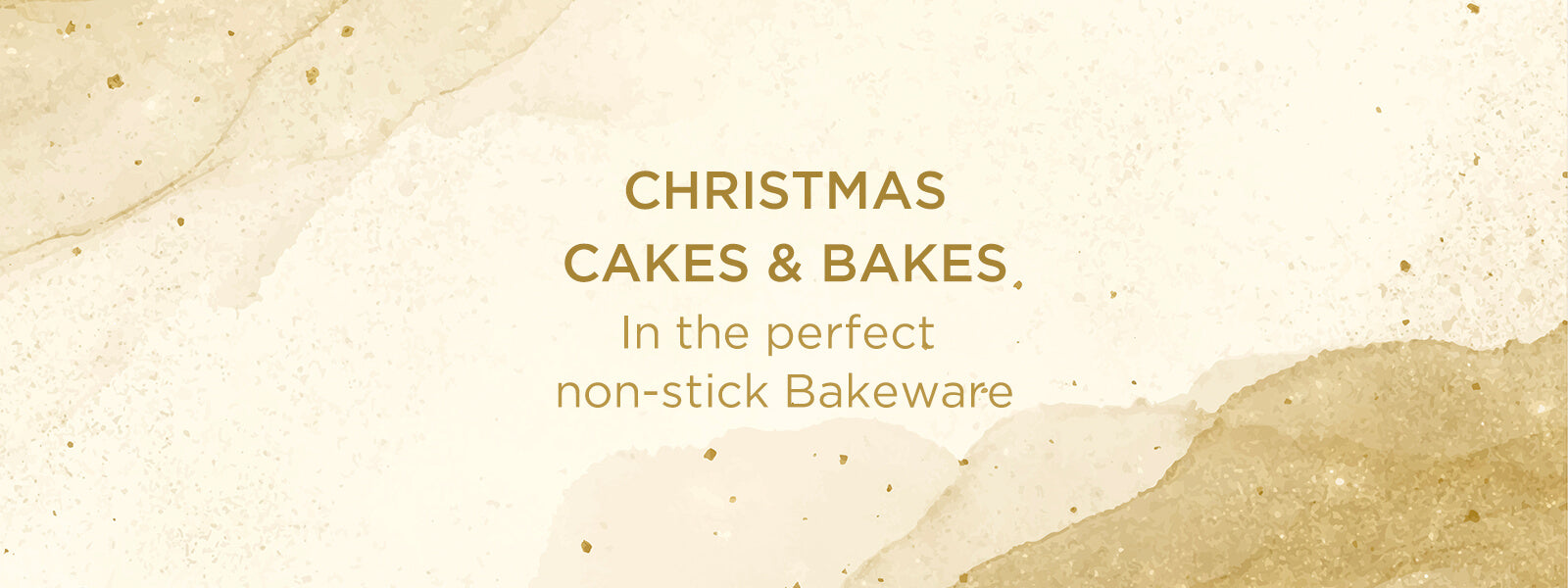

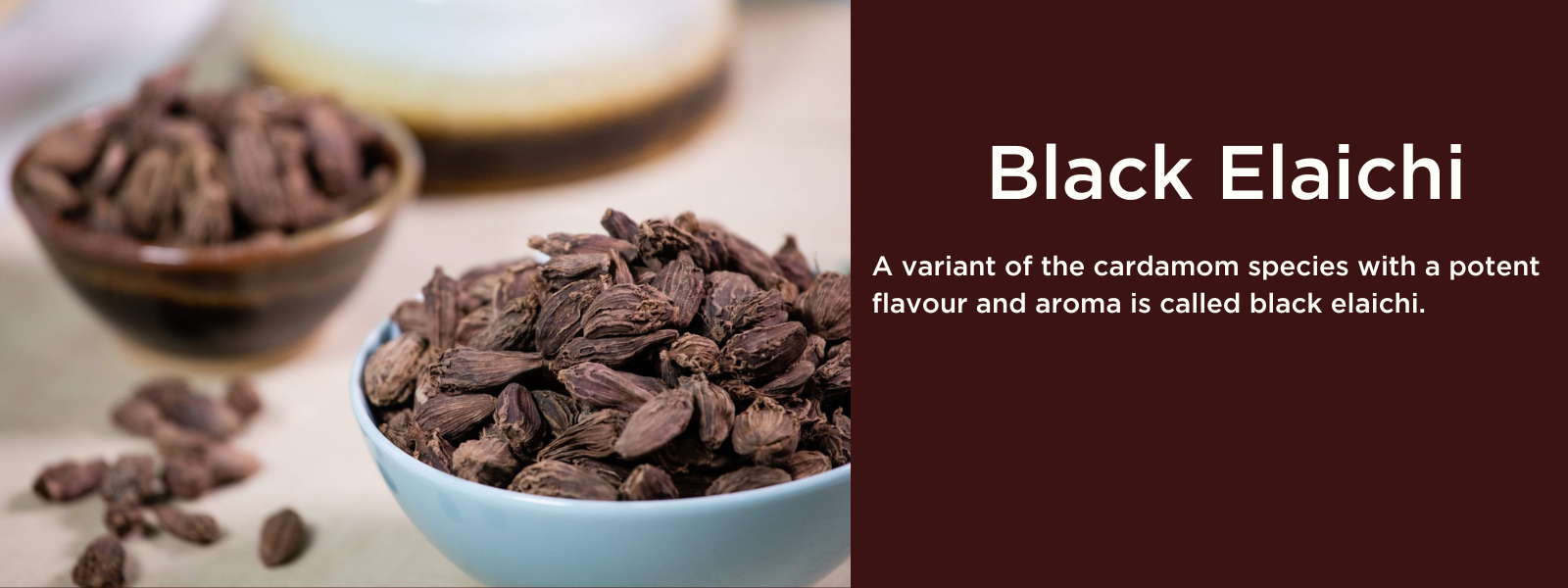
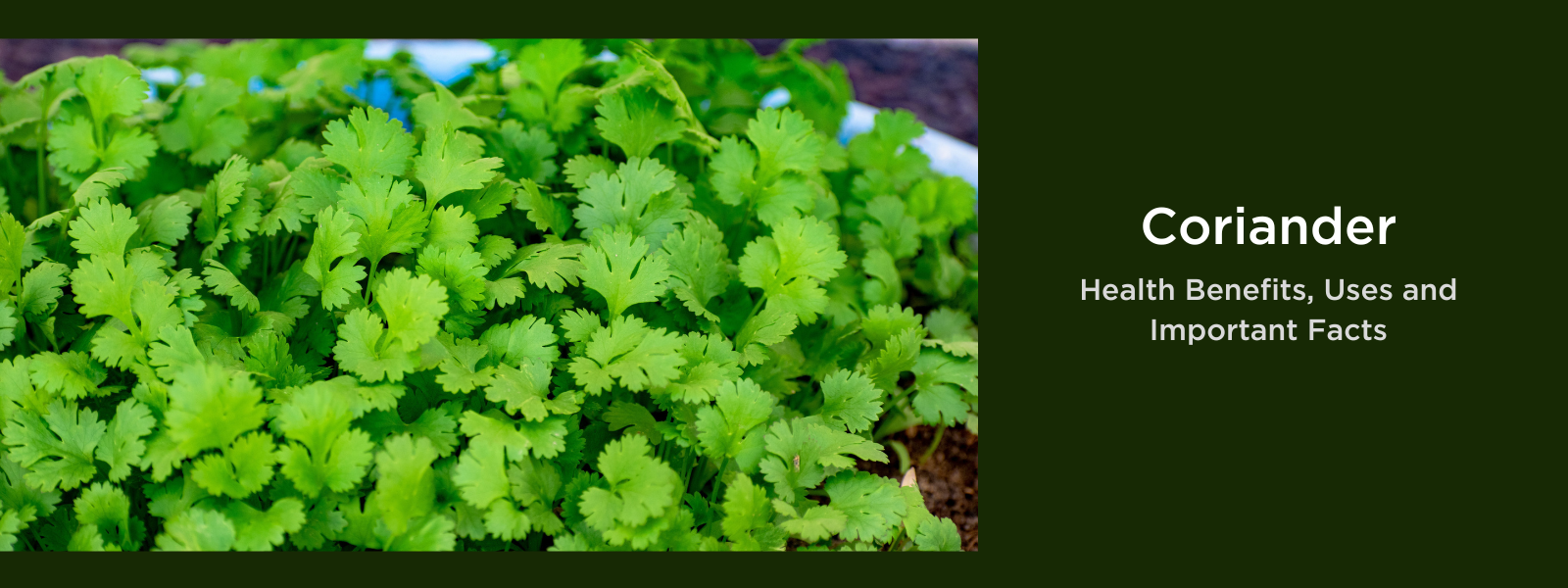
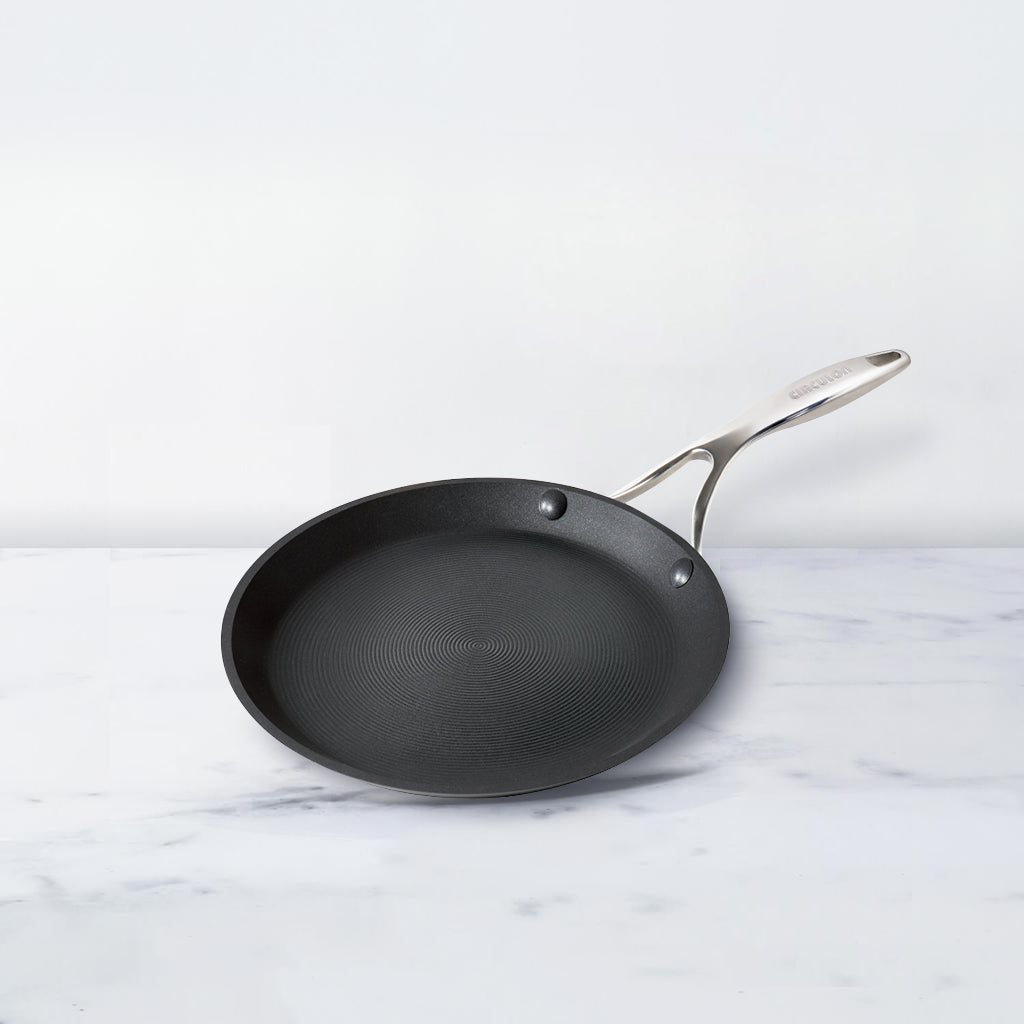
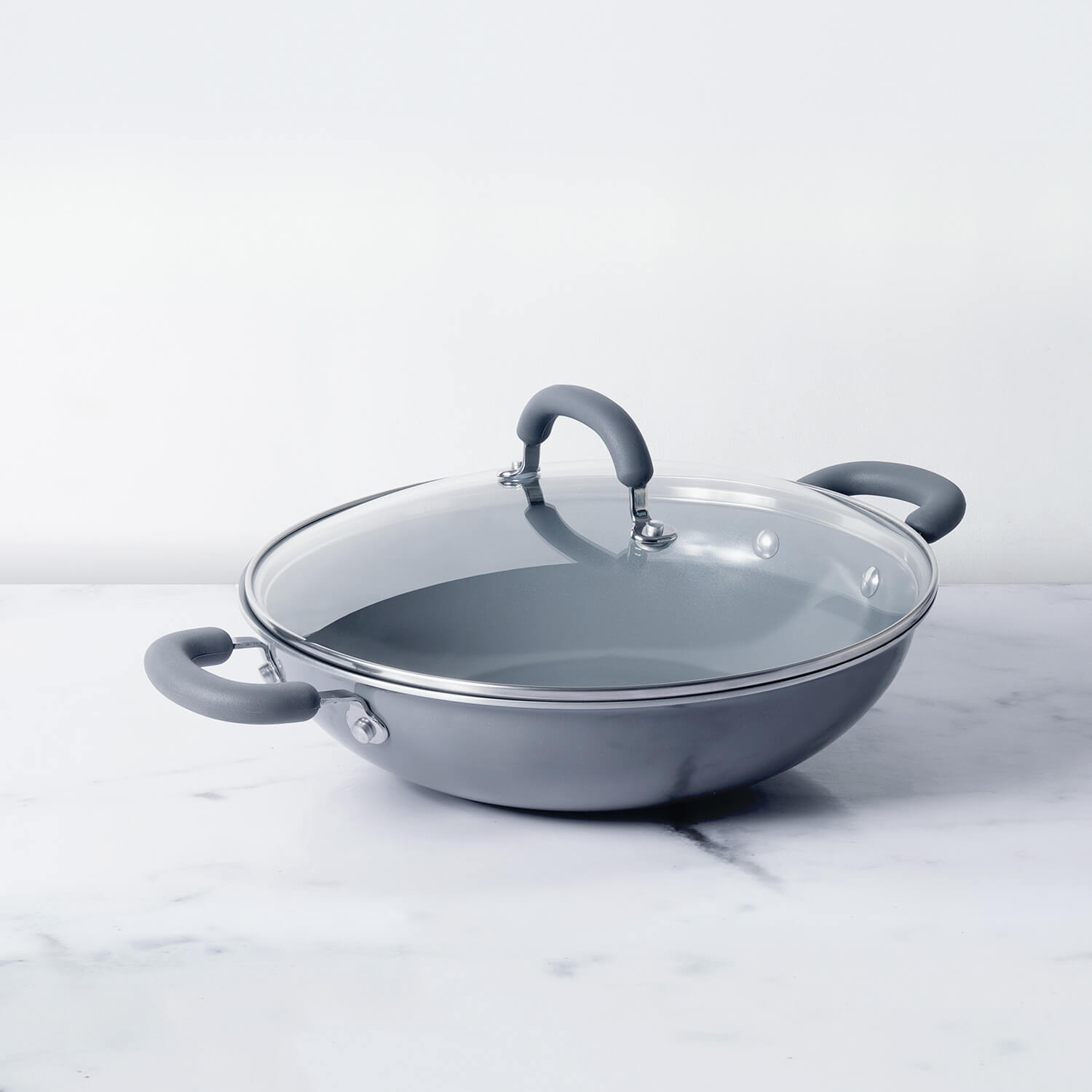




Leave a comment